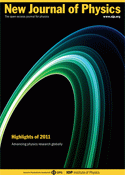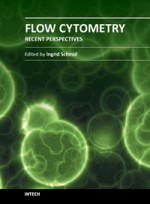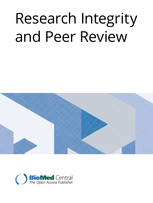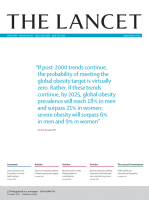 A team of biologists have earned a fifth retraction for a paper containing manipulated images, following an investigation by the Swedish government.
A team of biologists have earned a fifth retraction for a paper containing manipulated images, following an investigation by the Swedish government.
Last year, the investigation found that former Uppsala University doctoral student Apiruck Watthanasurorot had manipulated figures in five papers, four of which have already been retracted. Earlier this year, we reported that his supervisor, last author Kenneth Söderhäll, had requested PLOS Pathogens simply correct the fifth paper because independent groups have confirmed the findings. But according to the retraction notice for “Bacteria-Induced Dscam Isoforms of the Crustacean, Pacifastacus leniusculus,” Söderhäll has since agreed to the retraction:
Continue reading Biologists earn 5th retraction following Swedish investigation





 A publisher has retracted a chapter from a book on flow cytometry after determining the authors plagiarized some material — but noted that because the authors cited the article they lifted from, they likely acted “in good faith.”
A publisher has retracted a chapter from a book on flow cytometry after determining the authors plagiarized some material — but noted that because the authors cited the article they lifted from, they likely acted “in good faith.”

 Surgeon Paolo Macchiarini did not apply for the necessary ethics approval to perform the pioneering transplants he’s known for, according to the Swedish Research Council.
Surgeon Paolo Macchiarini did not apply for the necessary ethics approval to perform the pioneering transplants he’s known for, according to the Swedish Research Council.